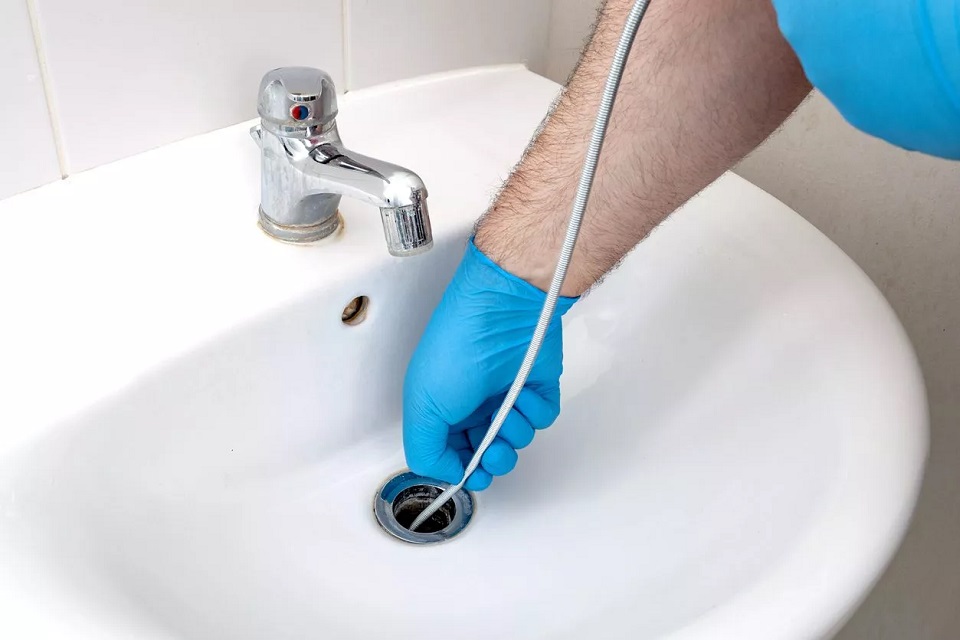A clogged drain isn’t something anyone looks forward to dealing with. They are costly, time-consuming, and generally annoying.
To prevent clogs in your home’s drains, you must be mindful of what you allow to go down them. Avoiding food waste, grease, and other debris is crucial. Rather than pouring cooking grease down the drain, it’s recommended to store it in a disposable container and dispose of it once it’s full.
Table of Contents
Don’t Put Too Much Hair In The Shower
Clogged drains are expensive and annoying. Fortunately, good habits and basic maintenance with the help of Seattle plumber can keep them at bay.
Hair is one of the biggest reasons for shower drain clogs. You shed thousands of hair follicles daily, most of which end up around the drain in the tub or shower.
A hair catcher can help to prevent the problem. This simple, inexpensive solution is easy to install and clean. Many people even use these devices to see how much they shed during shampooing, indicating how often they should wash their hair.
Consider using a homemade drain cleaner if you’re experiencing slow drainage in your bathroom sink. If you need to unclog a drain, follow these simple steps. First, pour a cup of baking soda into the drain. Then, add a cup of vinegar and observe as the mixture fizzes. Finally, flush the drain with hot water to finish the process.
Don’t Dump Grease Down The Drain
Dumping grease from your frying pan down the drain may be tempting, but doing so can cause major problems for your plumbing. Grease prevents water from flowing through pipes and can build into a solid clog. It can also wreak havoc on your entire sewer system.
Fatty foods, including bacon grease, lard, and shortening, should always be discarded in the trash. A useful tip to keep your kitchen sink free of clogs is to pour a kettle of hot water down the drain once a week. This will help dissolve any accumulated grease. Pouring hot water down your drains can also break up any hair clogging them. Hair can clog toilets, showers, laundry lines, and kitchen drains. It is much easier to prevent clogs by regularly performing basic maintenance.
Don’t Flush Paper Towels Down The Toilet
We’ve all heard that you shouldn’t flush things like hair, wet wipes, and toys down the toilet, but some people aren’t aware that paper towels should also be kept out of the drains. Flushing paper towels down the toilet can lead to clogs because they don’t break apart when wet.
According to public works workers, they can create clumps that block the entire sewer system. This can cause issues when you need to use the bathroom, and it is a lot more difficult (and expensive) than simply flushing the paper towel. The best way to keep these clogs at bay is to throw them in the trash or put them into a compost bin. It’s better for your plumbing and the environment!
Don’t Put Too Much Food On The Disposal
Putting too much food at your disposal can cause it to overheat and clog. Even harmless foods, like pasta, rice, or bread, can expand with water and clog your drains and pipes. Similarly, coffee grounds can clump together and clog the drain. To avoid these problems, scrape food into the garbage and only put small amounts of other items into your disposal.
Also, be sure to run hot water after using the sink. This will help the oil in food products drain away rather than stick to the sides of your pipes and clog them. To prevent costly drain cleaning services in the future, it is recommended to cover your bathtub and shower drains with mesh drain screens. This will catch hair and other debris. Taking such preventive measures is highly beneficial.
Don’t Use Too Much Soap
The most common drain clogs are due to soap scum, formed by mixing water and bar or liquid soap. If you have hard water, installing a whole-home water softener may help reduce the amount of soap scum.
Covering a small screen over the opening can also prevent hair from clogging your shower and bathroom sink drains. This is especially important for kids’ bathrooms and the guest bedroom, where hair tends to clump together into a mass that can be difficult to remove.
If you are dealing with a stubborn clog in your drain, pour a cup of baking soda and a cup of salt into the drain. After that, flush the drain with boiling water. This can effectively break apart the clog and eliminate any unpleasant smells.



